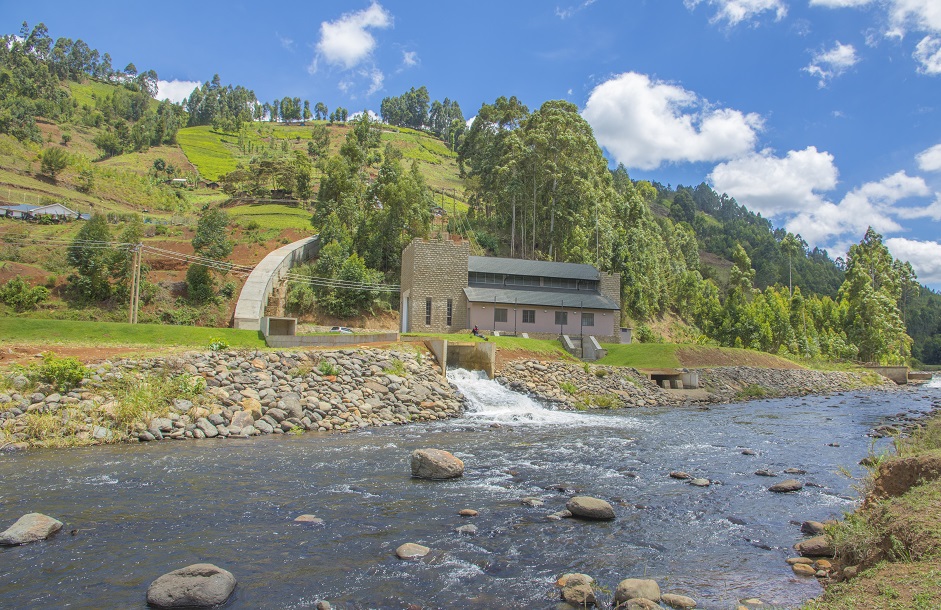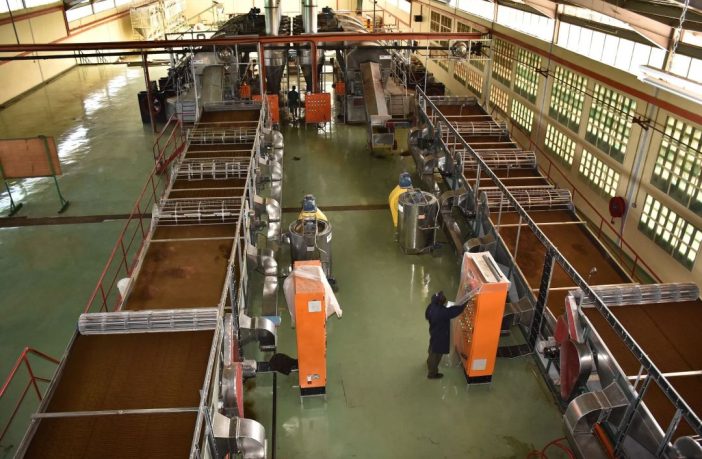- The Kenya Tea Development Agency (KTDA) has commissioned their fourth mini Hydro Power Plant in Nyeri aimed at reducing the cost of power production in tea processing factories. The first plant under the project is the Imenti power plant which was commissioned in 2008, followed by the Chania plant, the Gura plant and then the North Mathioya plant.
During a media tour of the Gura hydro power plant last week, KTDA Assistant manager of the hydro power project Ken Macharia said the project also creates revenue for the Agency, by selling excess power generated to the National Grid.
“The supply of power generated for the factories is directly proportional to the volume of crop handled by the factories and this is heavily dependent on the time of the year. This means that in the high season, when the rains are constant, the volume of leaves to process is high, but also the volume of water in the rivers high, therefore, it would be impossible to have an under supply of energy,” Macharia said.

Gura hydropower station was commissioned in 2016. The 5.8MegaWatt station is supplying power to four factories: Iriaini, Chinga, Gathuthi and Gitugi. Image credit KTDA
This project has enabled tea factories to remain self reliant on electricity needed to run their operations, with the hydro power accounting for 98.5 per cent of power supplied to respective factories and aligns itself with the United Nations 17 Sustainable Development Goals.
Through this, the agency has answered the seventh and thirteenth SDGs of affordable clean energy and climate action.
“The water that is used in power production is released back into the river it was channelled unpolluted, so we avoid disrupting the supply of water to the locals yet still benefit from what we collect,” he said.
Macharia said that KTDA is also looking to tap into solar power, and set them up in areas that are not able to, or do not have the resources to allow them access to hydropower resources.
Author: Bryan Groenendaal















